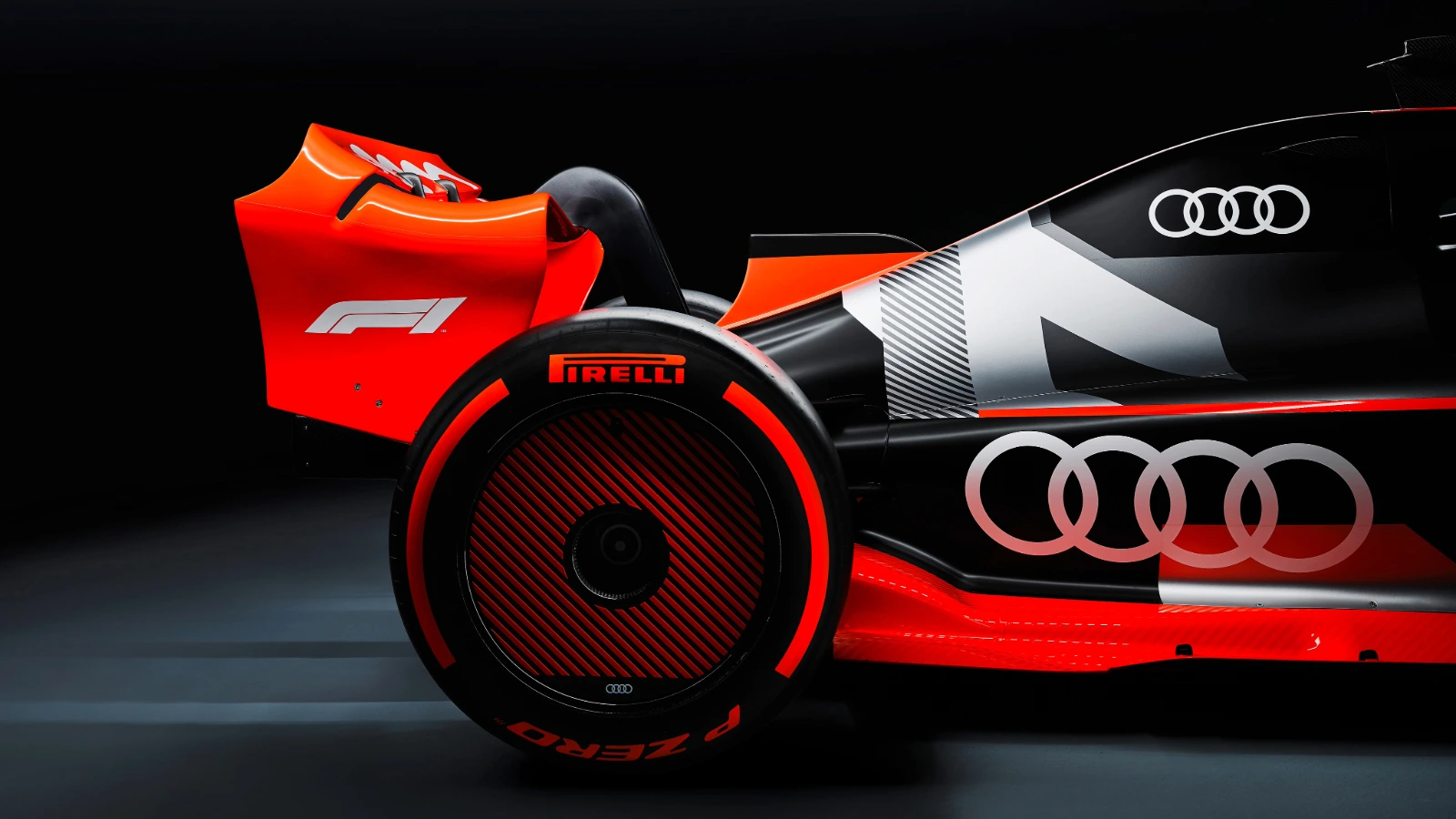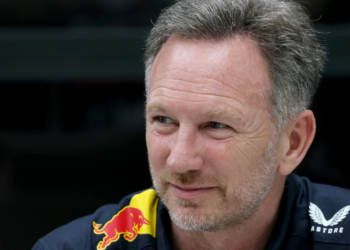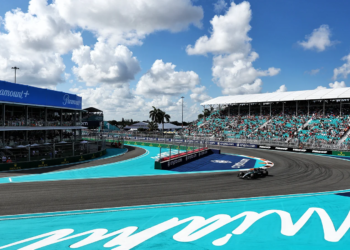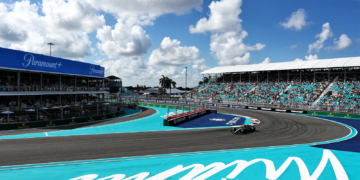The stuttering Audi Formula 1 project will be granted an extra allocation of cost cap spending based on salary upon its 2026 entry, according to a report.
Audi is set to complete its 100% acquisition of the Hinwil-based Sauber outfit in 2026 with the German marque making its first foray into the world of F1.
However, with salaries in Switzerland reportedly 35-45% higher than in the UK or Italy, Audi is at a significant disadvantage to rival teams, who can save money hand over fist in the staffing department.
To help level the playing field, BBC Sport has learned that the 2026 cost cap will allow adjustments to offset costs for teams that operate in countries with higher salaries.
This will come as a great boost to Audi, with it set to take over the team last in the 2024 Constructors’ standings.
Sauber has zero points so far in the 2024 F1 season, but its average salary £125,000, outweighs the top three teams in the sport by an alleged £35,000.
Moreover, 35-40% of Sauber’s budget goes toward staff salaries, allowing less room for vital sporting costs such as car development.
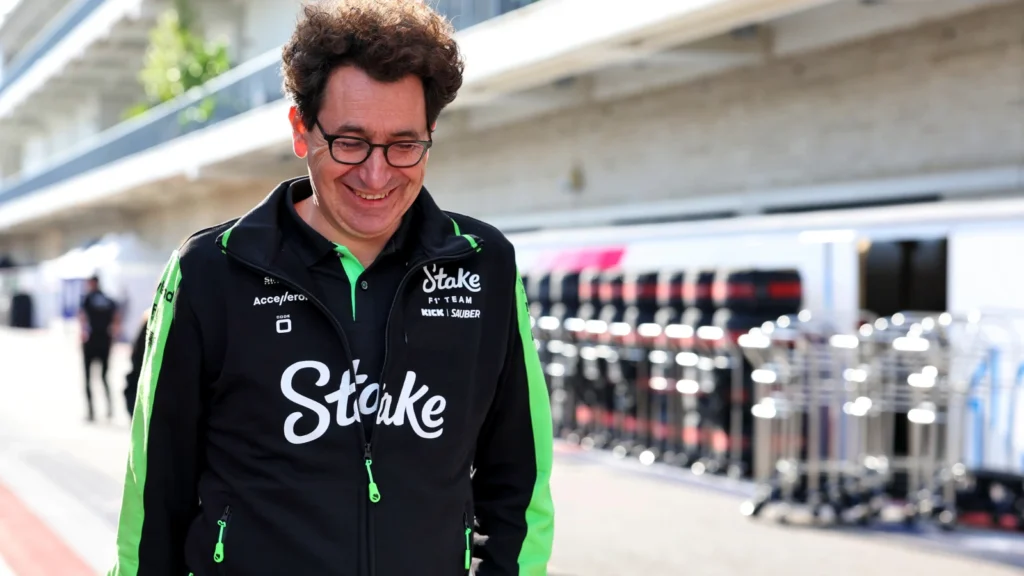
Mattia Binotto, Chief Operating and Chief Technical Officer of the Sauber/Audi F1 project revealed to BBC Sport that the team simply wouldn’t have a chance at being competitive without this cost cap change.
In addition, Binotto theorised that the team would be at a $20m disadvantage.
Another change to the cost cap coming in 2026 is the increase of the cap from $135m to $215m per year, which accounts for inflation and more items coming under the cap.
Cost cap changes welcome news mid rocky Audi F1 development
These cost cap developments for Audi will come as welcome news in a project that has been rocky at best.
Less than two years out from its F1 entry, all the senior figures who pushed Audi into F1 have since departed, and Joe Saward reports the German marque is getting cold feet.
But alas, Audi has stacked its chips at the F1 table and to back out before even starting would be a major embarrassment for one of the world’s largest car companies.
Moreover, the marque’s engine development programme is reportedly not going to plan and the team still hasn’t selected a driver to partner Nico Hulkenberg for 2025.
Still, CEO Gernot Dollner’s public stance is that Audi is amid “a long-term commitment to Formula 1.”
That’s just as well, with Binotto believing it won’t be until 2030 that the German marque is fighting regularly at the sharp end of the grid.
READ MORE: Mattia Binotto reveals timeline Audi aims to attain F1 success

